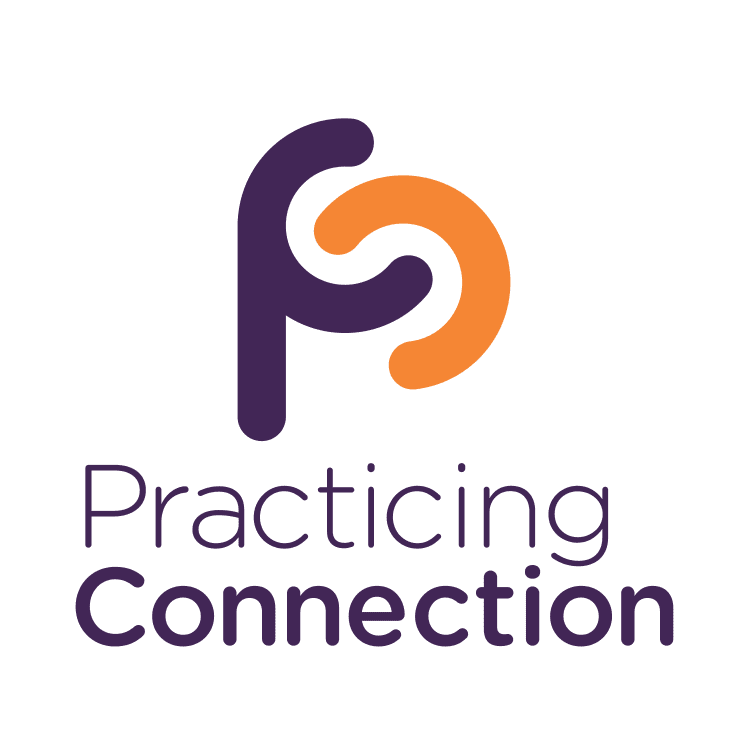(Season 5, Episode 20)
Character strengths are your unique pathways to those positive goals people pursue in life. They can help us amplify positive things in our lives, like self-acceptance, autonomy, goal progress, and more.
In this episode, we continue our conversation about character strengths, a strengths-based approach to identifying the positive traits behind our thinking, feeling, and behaviors. Jessica Beckendorf guides us through a practice for leaning into our character strengths.











